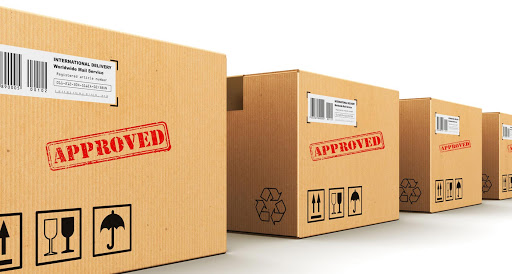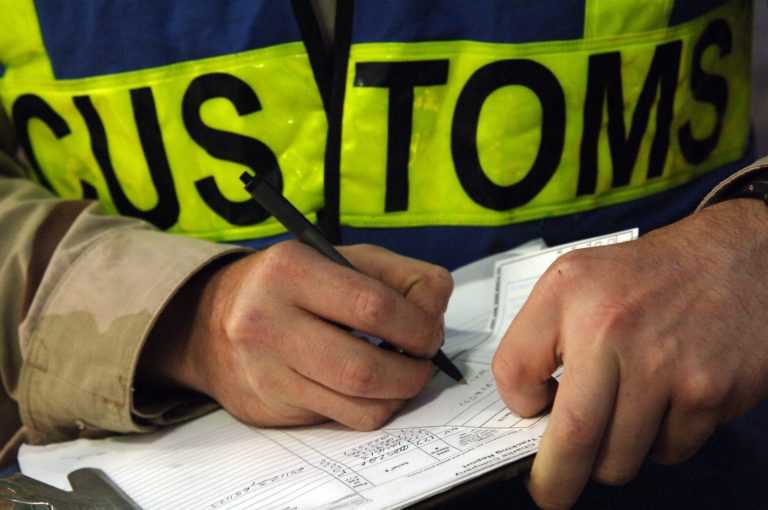Being told that your goods are stuck in customs is every professional importer’s worst nightmare, and for good reason. Imagine needing to tell your distributors that their supplies are sitting in a cargo bay somewhere, but can’t be released due to mindboggling bureaucratic red tape. This can cause massive delays and innumerable phone calls from irate customers, which in turn will have a massive impact on your bottom line.
But what if you could ensure that you never have to face import delays ever again? In this article, we will explore a few steps that can help you navigate customs with barely any hitches or hassle.
The first thing that we need to understand is the proper documentation requirements. These are:
- An Import License
This document specifies that you have permission to import a certain amount of goods into a specific country. These licenses are generally valid for a fixed amount of time, so it is important that you make sure yours is always in date, and that you make fresh applications in a timely manner. It is also very important that you keep this in a secure place, to avoid delays from misplacing the license.
- An Import Declaration
This simply states your intention to import valid goods into the country. It is needed to verify your status as the importer and that the stated amount and goods are being brought in.
- An all-inclusive Invoice
This may seem obvious, but you need to ensure that your invoice matches the actual shipment. An all-inclusive invoice will list details such as country of origin, destination country, contact information of both the supplier and importer, Tax ID number, details of the shipment like total price, total weight, a full description of items and other relevant details.
- Classification of Goods
When classifying your goods for import, being as detailed as possible with regards to your imports will create a smoother process for the customs officer, which in turn guarantees a faster turnaround for your shipment and an easier time for you.

- Declaration of Conformity
As an importer, it is essential that you can prove that your goods adhere to all international and technical rules and regulations that apply to that particular type of goods. This is where a declaration of conformity comes in. This technical document will show that your imports were developed and manufactured in full compliance with all standards.
- Power of Attorney
Without a valid Power of Attorney, your shipment will not be released. Speak to a trusted law firm to learn what you need to do to obtain this essential document.
What Happens If I’m Missing Documents?
Quite simply, your goods will not be released, and instead warehoused while you gather all required documents. Did we mention that you are billed for every day that your shipment is there? Since most of the paperwork mentioned above can take weeks to obtain, you can imagine how many additional costs you will incur. Avoid this situation by ensuring your paperwork is up-to-date, securely filed and thorough.
The Importance of Working with Reliable Shippers and Customs Agencies
While there is nothing stopping you from managing all your orders and paperwork by yourself, it’s always a good idea to work with reliable shippers like Triton Logistics and a verified customs agency.
Not only do these entities have experience with making sure that you have all the correct paperwork, permits and classifications, they are also deeply familiar with regulations and compliance standards that need to be met, which are also specific to your desired location and specific to your product.
Hopefully, the information in these posts can help you put the nightmare of imports stuck in customs a thing of the past. Leave your point of view in the comments section below.

